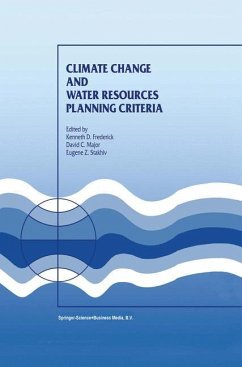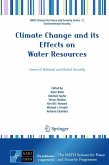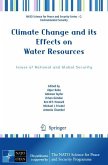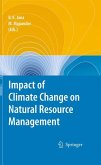Global climate change is expected to have major impacts on water resources and aquatic ecosystems. This prospect presents planners, who are already struggling to meet the demands of growing populations and economies, with new challenges. This volume examines these challenges and the resulting conceptual issues for water planning and project evaluation practices. The book is the first attempt to consider whether and how water resources, planning principles and evaluation criteria should be altered in view of the potential impacts of anthropogenically induced climate change. The principles and procedures that are in use today along with new approaches to nonstructural flood plain management, watershed management, water markets, and wetland banking will serve as the basis for the policies and strategies that deal with climate variability and anticipated change. This collection of papers reviews what water management ideas work, which ones need to be changed, and how planners and managers should begin incorporating aspects of risk and uncertainty into management decisions to deal expertly with climate change.
Bitte wählen Sie Ihr Anliegen aus.
Rechnungen
Retourenschein anfordern
Bestellstatus
Storno









